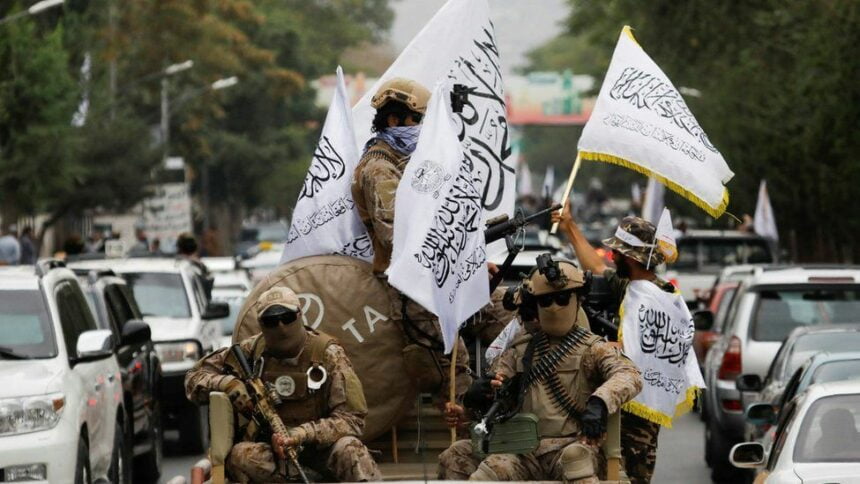According to a Taliban spokesman, Tajmir was executed at a crowded sports stadium in southwest Farah province after confessing to murder.
The execution was attended by dozens of the group’s leaders, including the majority of their government’s top ministers.
It happens a few weeks after judges received orders to completely implement Sharia law.
The edict, which was issued last month by the supreme leader of the Taliban, Haibatullah Akhundzada, instructed judges to apply penalties such as public beheadings, public amputations, and stoning.
The Taliban have not, however, officially defined the specific offences and associated penalties.
The militant Islamist group had pledged to adopt a softer version of the brutal rule that had characterised their last tenure in power, which lasted from 1996 to 2001.
The Taliban claimed that the execution happened on Wednesday, but it represents a return to the extremist interpretation of Sharia law that the group had previously used.
Although the Taliban have openly admitted carrying out executions previously, the group has already carried out multiple public floggings recently, including one of a dozen people in front of a crowded football stadium in Logar province last month.
The execution was seen by multiple Supreme Court justices, military personnel, and senior ministers, including the justice, foreign, and interior ministries, according to their spokesperson Zabihullah Mujahid.
Mohammad Khaled Hanafi, the Taliban’s minister for vice and virtue, was also there. He was in charge of enforcing the Taliban’s stringent interpretation of Islamic law. Hasan Akhund, the prime minister, did not go, according to the statement.
The Taliban claimed that Tajmir, a Herat province resident and son of Ghulam Sarwar, had stabbed Mustafa around five years ago.
After being found guilty by three Taliban courts, Mullah Akhundzada approved his punishment.
A public announcement promoting the event and “inviting all citizens to join us in the sports field” was published before the execution.
The mother of the dead guy told that she had refused to forgive the man Taliban leaders pleaded with her to do so.
She responded, “Taliban came to me and begged me to forgive this infidel. They urge me to forgive this man for God’s sake, but I told them he must be put to death and buried in the same grave as my son, whom he killed.”
She said, “This could serve as a lesson to other people. “If you don’t kill him, he’ll do more bad things in the future.”
Taliban were criticised for regularly carrying out punishments in public, including executions at the national stadium in Kabul, during their tenure from 1996 to 2001.
The group also pledged to never again oppress women in such a harsh way, but since gaining control, women’s freedoms have been severely restricted, and many women have been physically assaulted for calling for rights.
Since the Taliban banned girls from returning to secondary schools, no country has yet to recognise their new government, and the World Bank has withheld almost $600 million (£458 million).
Additionally, the US has frozen billions of dollars held by the central bank of Afghanistan in accounts all around the world.












